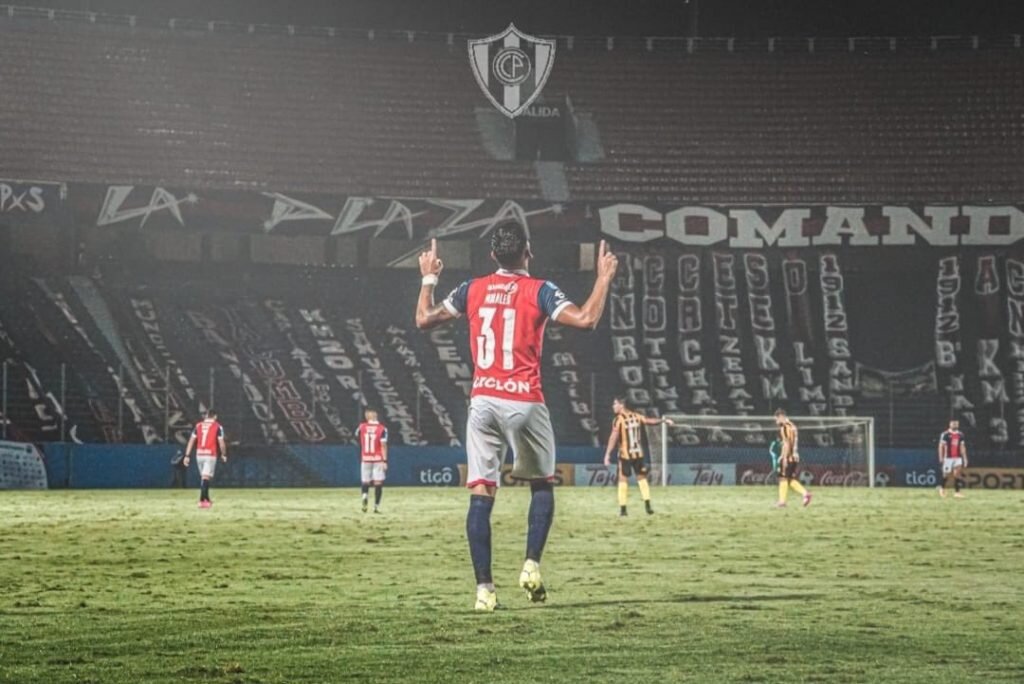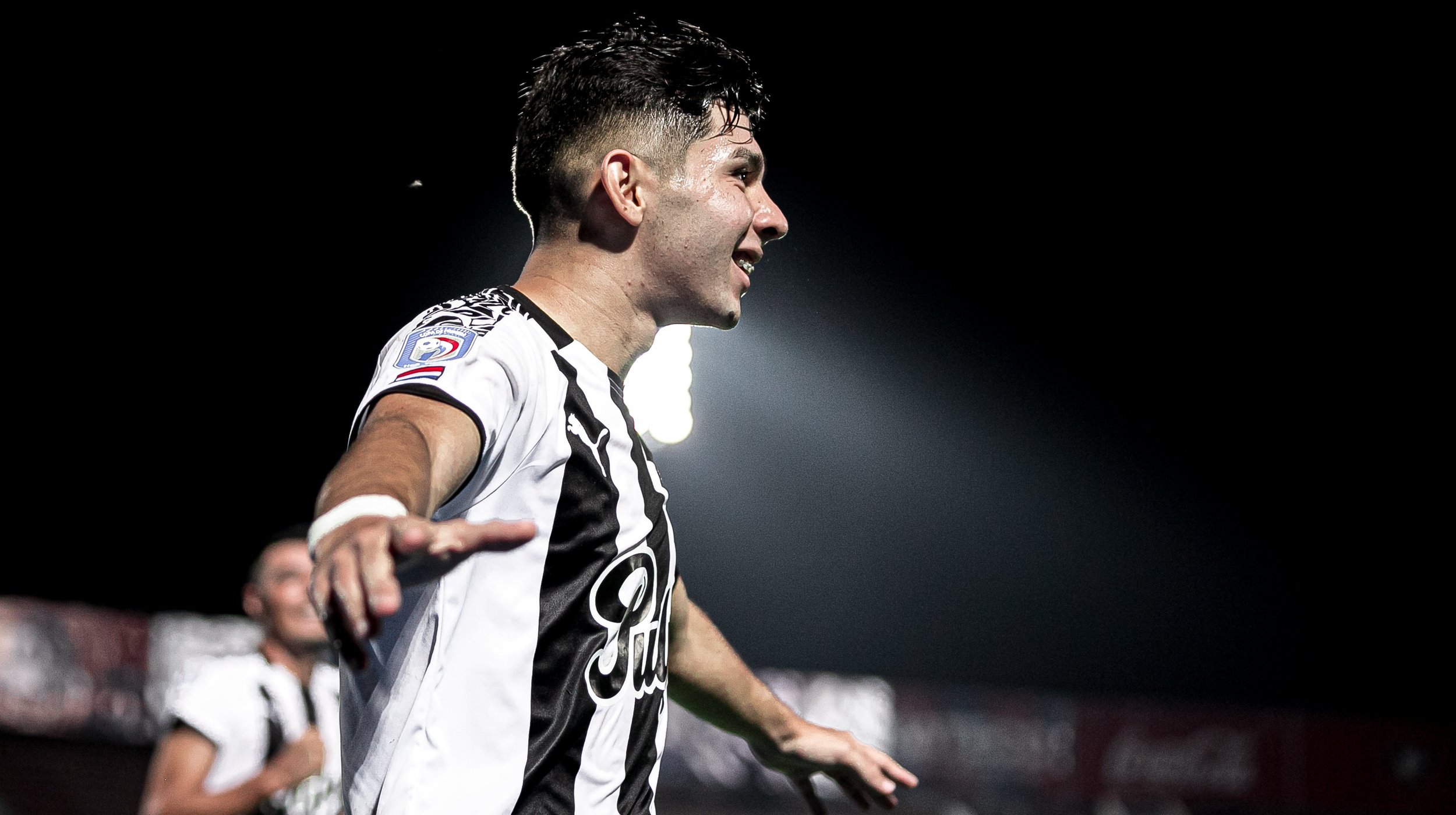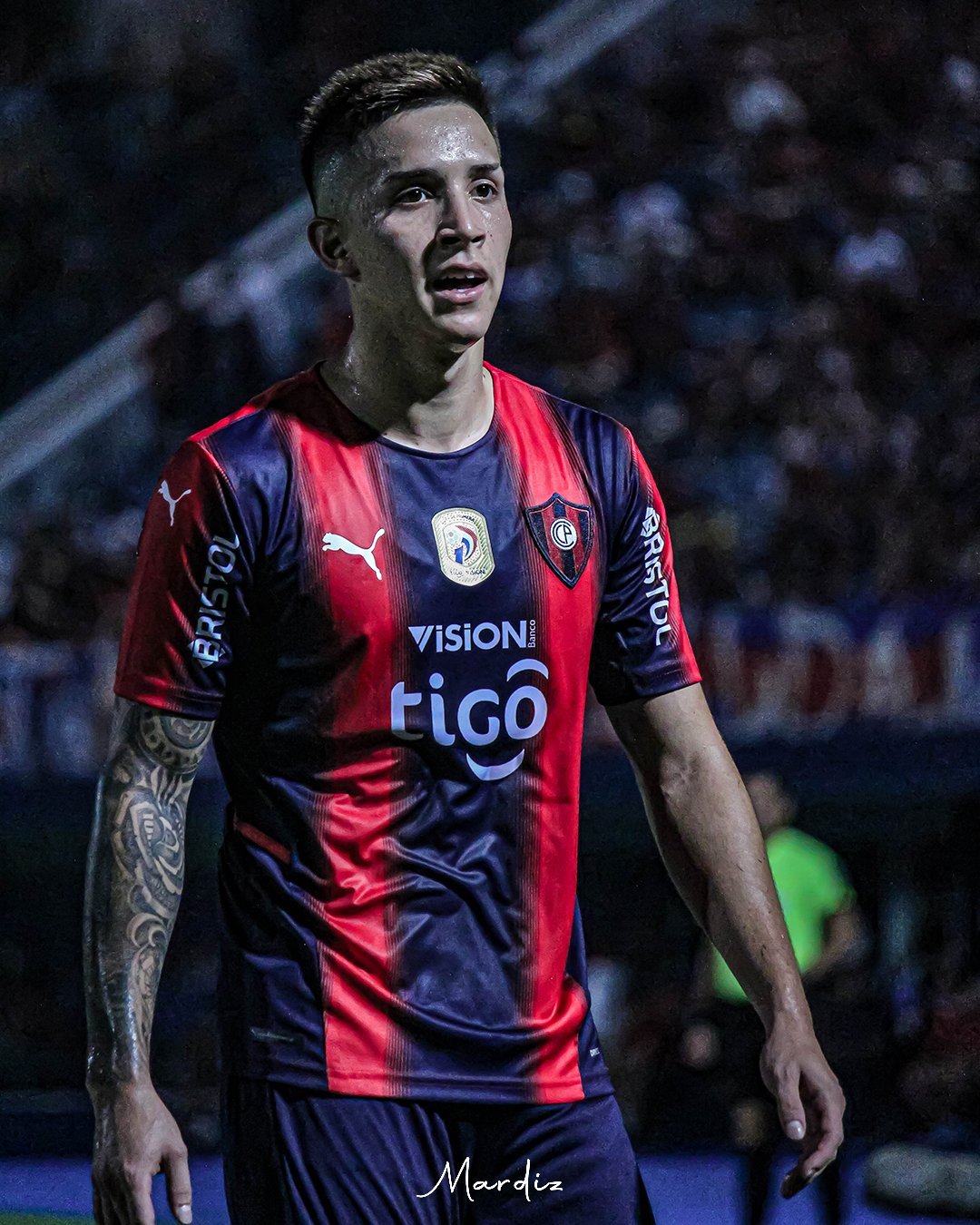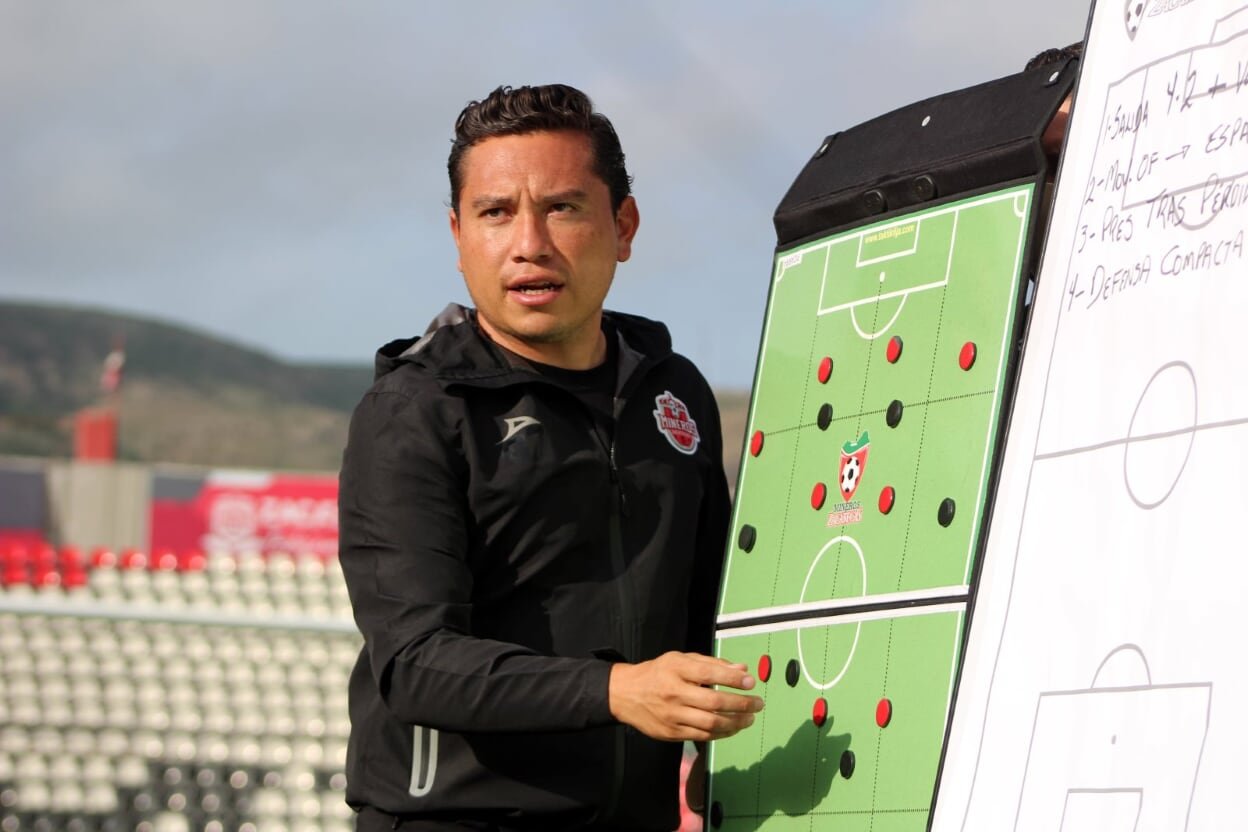Interview with Cerro Porteno U23 Head Coach, Diego Gavilan

In this interview with Cerro Porteno U23 Head Coach, Diego Gavilan, we will ask him about the process of coaching youth football as he has coached the U15 side and U23 side, especially the unique process of coaching an U23 side which is geared to preparing players for professional football. We will also enquire about the unique challenges brought about in coaching youth football during a global pandemic. We will also discuss his managerial mentors, goals as well as the things that he has learned in the fledgling stages of his managerial career.
After a distinguished career which spanned over a decade, Diego Gavilan has begun embarking on a managerial career in South America at a challenging time. The native of Asuncion, Paraguay has returned to work at the youth academy that developed him as he has been employed as an U15 and U23 Coach at Cerro Porteno. The Paraguayan who has played at two World Cups in 2002 and 2006 with his National Team proves to be an integral mentor for the club’s youth as he departed Paraguay at a young age to join Newcastle United which will set the tone for a long and adventurous playing career. He would play in Guadalajara, Mexico, Porto Alegre with Internacional before returning to Europe to ply his trade in Udine with Udinese then he would embark on a journey to Rosario with Newells’ Old Boys. He would return to one of his favourite cities in Porto Alegre to don the black and blue of Gremio further entrenching himself in cult hero status within the city. He would don the shirt of another historic Brazilian club in Flamengo as he would finish his playing career where it started, in Asuncion with another Paraguayan giant, Club Olimpia.
He began his coaching career in the Paraguayan Serie B with Club Olimpia de Ita before he would guide Club Deportivo Capaita to their first Libertadores de America in their history. He would return to Brazil to coach Sport Club de Pelotas, after managing Club Sportivo Trindense and Club Sol de America in his home country, leading the side to their first victory against his former club, Internacional who they had not beaten in 40 years.
Why did you feel the current role was the best for you?
Because I liked the feeling of training, when I stopped playing as a player I had the feeling that I could spend my experience, my knowledge, so I started to study and then I was more convinced of my decision.
When did you decide to progress into management after your playing career and experience in managing professionally?
When I was about 25 to 27 years old. Then I started to be more curious about the tactics, and other factors that had to do with the coach's work and the coaching staff.
Which of your managers impacted you the most in your illustrious career?
There were several great coaches, from each one of them we tried to take a little of each, from what I saw that was the best for the team and form of command. Most certainly in Brazil, with Muricy Ramalho and Mano Menezes this interest increased.
Why did working with young players appeal to you?
Because young players are players even though we can create new ideas within the characteristics of each one of them, so this generates new motivation.
How has COVID impacted your work?
It affected a lot, it had several proposals to work more on the world health situation was not the time to leave my family and my country. We take advantage to be able to improve on many factors that help in the function.
Cerro Porteno are obviously looking to bring players through the academy. How have you found your first few months working there?
I had a feeling of great happiness, returning to the club of my heart. Here was where I left when I was 19 years old. Today I have the responsibility to prepare young players to be ready as soon as the coach of the main team calls them. More, I really like to see their evolution, even more when they manage to get to the main team.
What is it like to work at a club where a role like yours is very crucial to the direction of the club?
It is a big responsibility, working with potential players from the club creates an important responsibility. My life and my career have always been at the base of the challenges, this is no different.
Cerro Porteno have had players like Alexis Duarte and Luis Vargas progress through the academy to the first-team, how do you manage players expectations in the U23 side?
The fact that these boys play on the main team is the motivation and the example that the opportunity may appear. So, on these factors of preparation and motivation, we are left with our work.
Has it been difficult to train players without games? How have you managed this?
Yes, competition is always important because everyone wants to compete, to win games, tournaments, to excel through competition. Unfortunately, this is the reality, so we train thinking that at the weekend we will play and create a situation to prepare ourselves to win. Sometimes we also play training games with other Sub 23 teams.
When players move into the U23 side, it’s about preparing them for the first team more than at any stage of the development. How do you manage this?
Yes, our training and preparation is the same as the main team. We train with the same intensity and line in relation to the game model. We always think and do things like the professional team.
How do you look to interact with the new generation of players who obviously have things like the internet and social media which were not as prevalent when you were beginning your career?
These are factors that we coaches have to adapt, today the new generation is different, more within what are the things of football in relation to the game are the same. The types of training have changed, the relationship with the player, but at the right time, things continue as usual. Football is won by who trains and has courage.
At U23 level, young players are looking to make the step up to professional football. How do you manage the egos and confidence of players at that level?
The ego factor is one of the biggest problems within the team. We have to know how to deal with this, there are players who have the opportunity and others must wait longer, there is the challenge of keeping the squad motivated so as not to drop the level of training and confidence.
Which managers do you look up to and why?
I mirror myself in Muricy Ramalho, in relation to the group's command, changing positions as a coach. Now, I mirror myself on others as well because they are aligned in relation to my thinking in the game model.
Which teams in world football interest you the most and why?
Barcelona, Manchester City, Liverpool, teams that have a game model that I feel like identification.
At this stage of your managerial career, do you have a specific style of play that you would like to impose?
I like the associated model, trying to play with the ball, a team that is dominant and protagonist. More, it has a lot to do with the characteristics of players that the club we run has.
Do you have any managers from your career that you look to for advice?
Yes, with the majority of my ex coaches we keep in touch and many times I ask how we would do in a certain situation. The voice of experience is always good to hear.
You have coached the Cerro Porteno U15, what is the main thing that a coach would try to instill in players at that age?
The principles or concepts of the game. Improve in concepts on different tactical systems more always with well-defined concepts. Try to start preparing the athlete for the next stage of his career, which will already be more demanding.
How was the experience of beating Internacional in Beira Rio as the Head Coach for Sport Club Pelotas for the first time in 40 years?
It was beautiful, mainly because of the feeling of being able to compete at a high level, against a team with a lot of history. Commanding a team from the countryside and winning inside a stadium and against a team like Internacional is unforgettable.
What have you learned from your early experiences in management?
Knowing how to listen, learn from my own mistakes, maintain balance in victories and defeats. Learn to train experienced and young players in the same way. Handling of the external factors that many times hinder the development of the work.
What have you learned from your meetings with Brazilian football coaches?
Assembling casts for a long year with several competitions, working with large number of work teams, working with little and a lot of structure, reading to prepare for a game, etc.
What experience from your playing career do you use to guide the players you coach now?
The best experience and the one you show every day, today is much easier because when I played, today's players had no way of watching us play. So, we comment, show and speak our experience within each situation that may happen to them.
You have lived and played in a lot of cities. Which city did you enjoy living in the most?
I liked Newcastle, Guadalajara, but my second home will always be PORTO ALEGRE. It was the city I went to and I am very happy.
What are your main goals in management?
Reach the elite, win titles, coach big clubs. Try to prepare myself in the best possible way to make a winning race.





